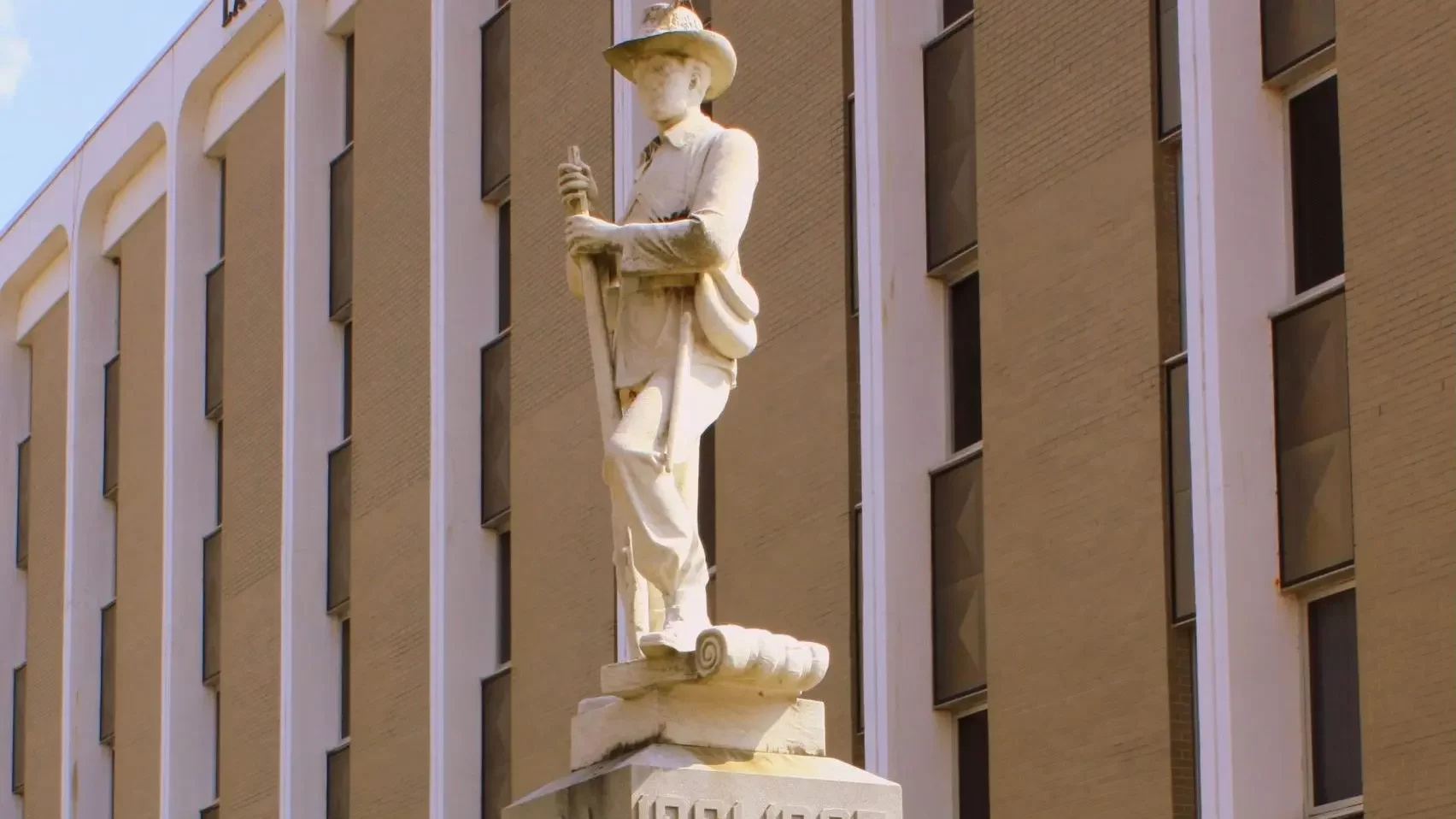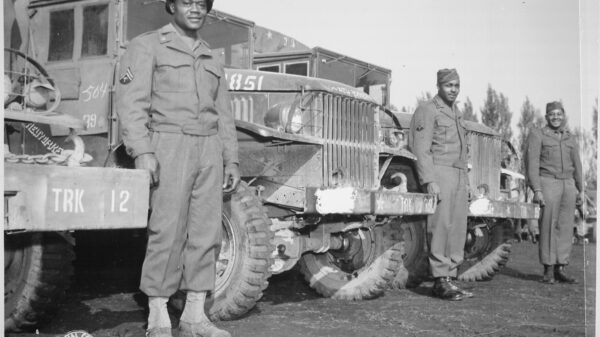The Florence City Council voted Tuesday not to approve the installation of a historical marker at the site of the “Eternal Vigil” Confederate monument. The proposed marker, advocated for by Project Say Something, intended to address the racist elements of the monument’s original dedication speech.
Despite strong community support and extensive efforts by PSS to educate and rally the community around the importance of acknowledging historical truths, the city council voted against placing the marker. This decision has been met with disappointment by the numerous community members and advocates who have worked tirelessly to see this project come to fruition.
“We are disheartened by the city council’s decision not to approve the historical marker. However, this outcome will not deter us from our mission,” says Camille Bennett, founder of PSS. “We will continue to advocate for transparency and truth in our historical narratives and seek other avenues to ensure our community’s history is accurately and comprehensively represented.”
Project Say Something remains committed to its mission of confronting systemic racism through education and community empowerment. The organization will continue to work within the community to promote dialogue and understanding around the issues of racial justice and historical accuracy.

















































